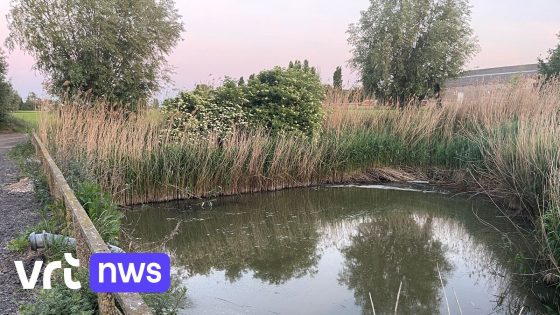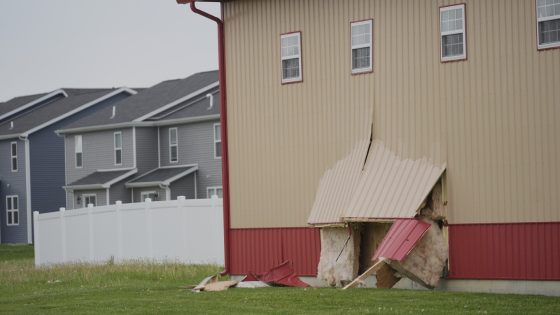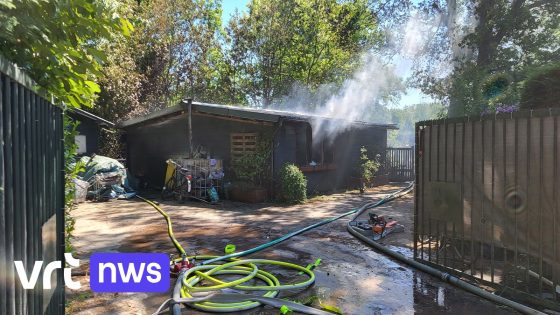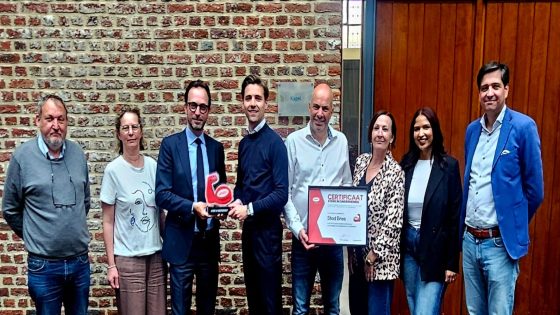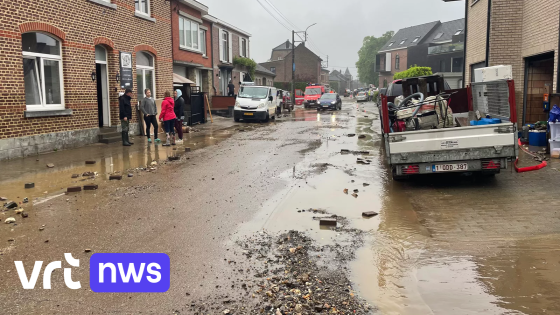Water quality concerns have risen in Belgium as salinization affects local water bodies, notably due to industrial activities. On 2025-05-20 13:03:00, authorities confirmed that the water near the buffer basin is increasingly salty, impacting both the environment and community use.
- Water verzilt door Milcobel's zoutuitstoot
- Milcobel hergebruikt opgepompt water intensief
- Minder water stroomt terug naar bufferbekken
- Gemeentelijk verbod geldt alleen bufferbekken
- Martjesvaart valt niet onder verbod
- Heropening bekken hangt van waterkwaliteit af
The dairy company Milcobel is identified as a key contributor to this issue. Despite having a purification system, the company releases more salt into the water and reuses a significant amount of pumped water. This reduces the volume flowing back into the creek, preventing the water from replenishing the buffer basin effectively.
With these developments, the municipal ban currently applies only to the buffer basin, while nearby waterways like the Martjesvaart remain unaffected for now. So, what does this mean for local residents and businesses? Let’s explore the implications.
Why is the buffer basin singled out for restrictions while adjacent waterways are not? This selective ban highlights the complex balance between industrial water use and environmental protection. Key points include:
- Milcobel’s salt emissions increase water salinity despite purification efforts.
- Reusing pumped water lowers creek flow, hindering natural replenishment of the basin.
- The municipal ban targets only the buffer basin, leaving nearby creeks like Martjesvaart open.
- Authorities will reconsider the ban once water quality improves.
Looking ahead, continuous monitoring and stricter controls on industrial discharge will be crucial. Can Milcobel and other companies innovate to reduce salt output? Local stakeholders must collaborate to restore water quality and ensure sustainable water use for Belgium’s future.



